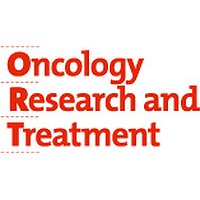Pathogenesis of chronic lymphocytic leukemia (CLL) is characterized by specific genetic aberrations and alterations of cellular signaling pathways. In particular, a disturbed DNA damage response (DDR) and an activated B-cell receptor signaling pathway play a major role in promoting CLL cell survival. External stimuli are similarly essential for CLL cell survival and lead to activation of the PI3K/AKT and MAPK pathways. Activation of nuclear factor-kappa B (NFkB) influences the disturbed anti-apoptotic balance of CLL cells. Losses or disabling mutations in TP53 and ATM are frequent events in chemotherapy-naive patients and are further enriched in chemotherapy-resistant patients. As these lesions define key regulatory elements of the DDR pathway, they also determine treatment response to genotoxic therapy. Novel therapeutic strategies therefore try to circumvent defective DDR signaling and to suppress the pro-survival stimuli received from the tumor microenvironment. With increasing knowledge on specific genetic alterations of CLL, we may be able to target CLL cells more efficiently even in the situation of mutated DDR pathways or protection by microenvironmental stimuli.

Concepts of Chronic Lymphocytic Leukemia Pathogenesis: DNA Damage Response and Tumor Microenvironment
Review badges
0 pre-pub reviews
0 post-pub reviews
